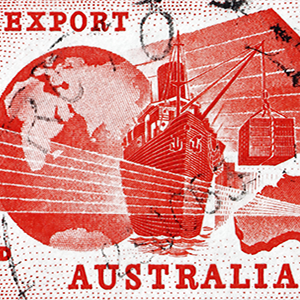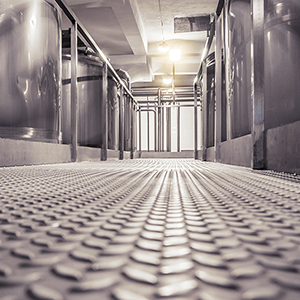Our best Ideas are curated to give readers a snapshot of current topics that are at the top of the mind of business leaders, bringing you up to speed on the latest thinking in our client industries.

Notwithstanding the current global turmoil and supply chain challenges, Australian FMCG manufacturers have every reason to explore the potential in international markets, particularly given our reputation for producing premium food and beverage products. However, for ultimate success, the right strategic approach to developing export capabilities is absolutely crucial.

While the government’s commitment to sustainability may be lacking, it’s clear that businesses taking steps to move ahead in this space are quickly gaining advantage. It’s also clear that consumers are demanding a true and real dedication to sustainability, making foundational transformation imperative.

Ecommerce has delivered record sales, better positioning within the market and increased brand loyalty for some firms. Others have struggled in this changing environment – despite attempts to expand their ecommerce capabilities. What separates success and failure?

Despite the overwhelming challenges facing Australian food manufacturers – both before and in the midst of the COVID-19 crisis – the post-pandemic world presents opportunity. Manufacturers who use capital wisely and have a deep understanding of consumer preferences are set to successfully navigate the weeks, months, and years ahead.

Australia has committed to a massive investment in infrastructure. The next step must be a commitment to overhauling a system which overlooks the critical role of local mid-tier firms in securing Australia’s future economic prosperity.
Permissible snacking is the consumer movement that is feeding the desire for convenience and addressing the growing concerns about health. This new breed of snack foods is changing the way we think about snacking, and the marketing strategies that FMCG firms need to know about to improve their competitiveness in the snack food category.

Renewable energy generation, and its supporting transmission and distribution systems are set to continue growing into the future, driven by a number of factors including Renewable Energy Targets and the decreasing cost of technology. For mid-tier construction firms looking to diversify and improve their performance, the renewable energy sector is an emerging viable option.

In just six months, the number of Australians tending to buy private label (PL) groceries has jumped from 44% to 65%. With supermarkets enjoying an 8-10% premium on margins for PL products compared with branded products, this shift in consumer behaviour is something encouraged by supermarkets. For incumbent FMCG firms and boutique players, this change may not be so welcome.